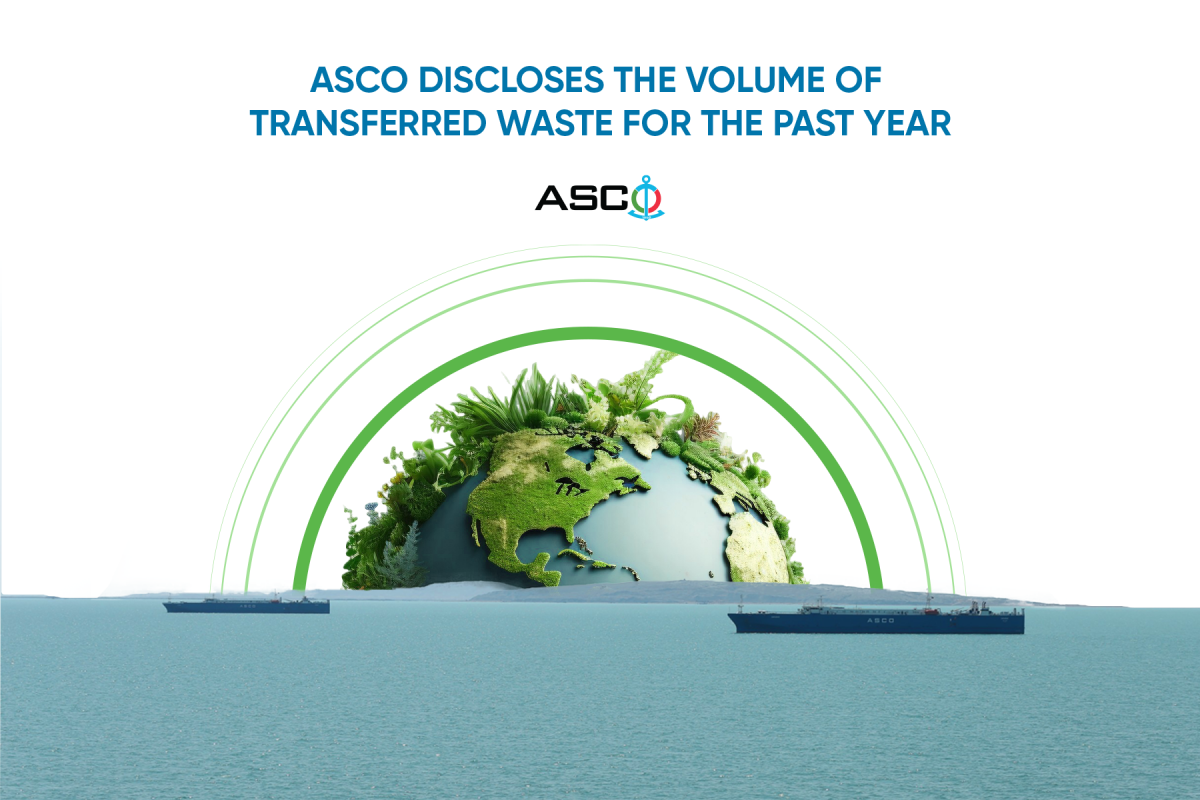News

ASCO discloses the volume of transferred waste for the past year
ASCO continuously takes measures to minimize the potential environmental impact of both vessel operations and shore-based facilities, including reducing waste and emissions. Accordingly, necessary preventive measures are systematically implemented.
Throughout the past year, these efforts continued. Various liquid and solid waste generated from vessel operations and shore-based facilities were transferred to certified organizations under relevant agreements and removed from the sites.
According to the 2024 results, ASCO vessels transferred 103.76 m³ of plastic, 776.76 m³ of food waste, 749.9 m³ of household waste (paper-cardboard, rags, glass, metal, etc.), 123.94 m³ of operational waste, 132.1 m³ of oil sludge, 4380.37 m³ of bilge water, and 93,614.13 m³ of domestic wastewater.
During this period, ASCO's shore-based facilities transferred 26.6 tons of burnt molding sand, 1445.2 tons of abrasive waste (rust from vessel hulls, paint, gravel-sand mixture), 83,381 tons of domestic wastewater, 1025.2 tons of oil-containing bilge water, 255.04 tons of lubricating oil, 4700 m³ of household waste (paper-cardboard, wood, rags, glass, metal, bottles, etc.), 1051 m³ of food waste, 716.75 m³ of polymer-based and plastic waste, 88 m³ of oily and petroleum waste, 205 m³ of rubber waste, 369 m³ of operational waste, and 0.069 m³ of medical waste.
Throughout the year, 1 ton of paper, 0.524 tons of plastic, 558.75 tons of ferrous metals, and 0.9 tons of non-ferrous metals were sent for recycling.

